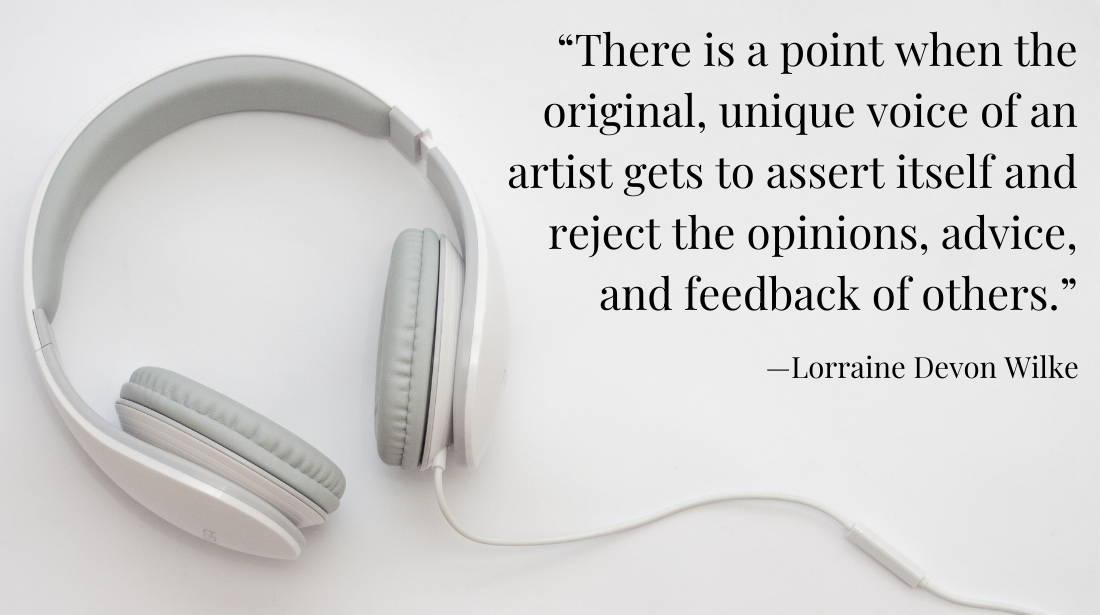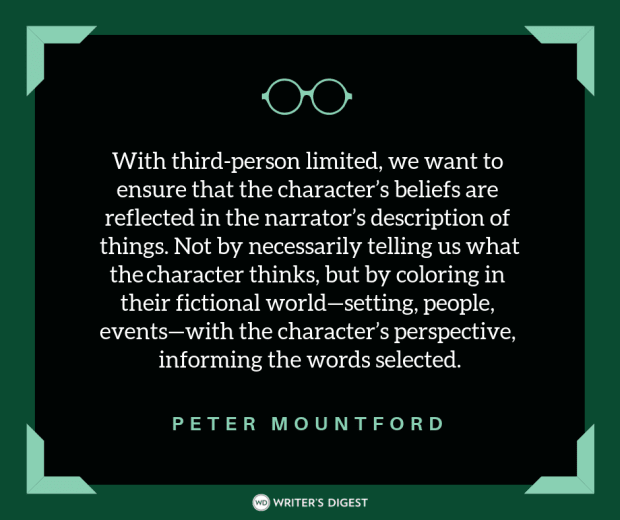What Is Your Character’s Cornerstone?
If you’re not watching the excellent HBO series Westworld, you should. Not only is the show a study in deft plotting and complex themes, but it’s a delicious, entertaining mystery that…
If you're not watching the excellent HBO series Westworld, you should. Not only is the show a study in deft plotting and complex themes, but it's a delicious, entertaining mystery that continues to surprise me week after week. (The season 1 finale is tonight at 9:00 EST, but it's worth a binge-fest.)
For the unitiated, here's a brief, spoiler-free premise: Westworld is a Wild West-themed park populated by robots—called "hosts"—who are so lifelike they can't be distinguished from actual human beings. Though they're controlled by intricate programming and the humans who run the park, the hosts look, speak, move, and bleed just like we do. Ultra-rich tourists are given free reign to interact with, kill, and "enjoy" the hosts as they please, without consequence. The hosts are assigned to specific roles (the farmer's daughter, the handsome rogue with a dark past, the madam at a saloon) and given specific storylines to follow, which they complete on endless loops.
Westworld explores many themes, but one of the most compelling topics it tackles centers on how both humans and hosts are influenced by their pasts. How can robots have pasts? you might ask. These backstories are bestowed by the programmers and writers who run Westworld and control its hosts, and they serve a function beyond simple verisimilitude. As Elsie, one of the technicians on Westworld, puts it: "Backstories do more than amuse guests; they anchor the host. It's their cornerstone."
Novelists are taught to avoid backstory, as it too often becomes a reason for info-dumping. But writers who pile on the protagonist's backstory—and halt the plot in its tracks—have merely failed to understand backstory's true purpose. Backstory might never appear on a manuscript page, but it should live as an indelible footprint in the character's soul. It should be driving their actions, influencing their thoughts and words, and serving as the core motivation for everything they do.
I like the word cornerstone in relation to backstory. Its roots are in architecture: In a building, a cornerstone is the first stone set in a masonry foundation. Its positioning influences all the stones that are set around it; if it's uneven, the foundation will never be solid.
In Westworld, the hosts' cornerstones—their backstories—influence and motivate every action they take. The power of backstory is seen firsthand when a host who was never given a full backstory is granted one. The rugged, charming host Teddy is driven by what his creator, Ford, calls "a formless guilt." Ford admits that he never bothered to give Teddy a specific backstory. But when Teddy is later programmed with a history filled with specific details (he was the right-hand man of a murderous delusionary named Wyatt), he transforms from a somewhat cookie-cutter character into an unpredictable but wholly authentic person with a mission and a purpose.
So it can be with your characters. But take caution when crafting your character's cornerstone. This element is not the summation of every experience your character has ever had, but of a select and important few: the knowledge and events of a character's past that have left an invisible (or even physical) mark, that continue to haunt that character and follow her in lockstep. What's pushing your character to take action, or to remain stagnant? Certainly a character's motivation can be derived from the present action of your story's plot, but you can bet that backstory will have a say as well.
For more on backstory—and so many other novel-writing topics—check out Author in Progress by Therese Walsh and the members of the Writer Unboxed community.
Rachel Randall is the content strategist for Writer's Digest.









